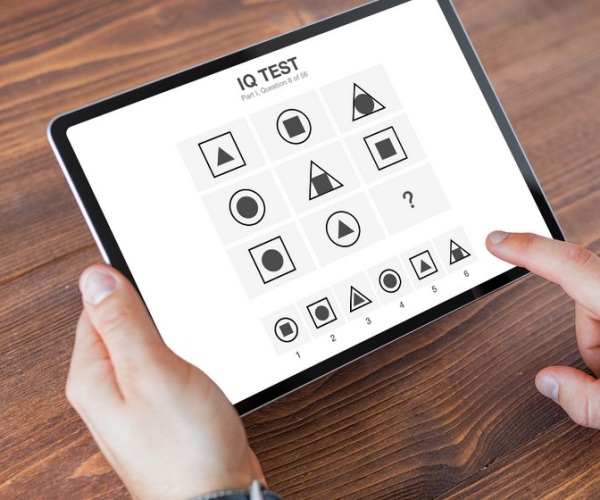What are psychometric assessments?

Psychometrics, by definition, are essentially measurements designed to measure areas of psychological interests. Just like medical professionals take our blood pressure, temperature and pulse during our check-ups, psychometric assessments are tools that psychologists (among others) use to measure things of importance or significance to guide our therapy and recommendation to you.
The psychometrics that I will be discussing today spans 3 broad areas – measurements used in ‘everyday therapy’, Cognitive Assessments and Psychoeducational Assessments.
‘Everyday’ Metrics
Your psychologist may give you some questionnaires to assess your mood, self-esteem, your everyday functioning or wellbeing, or even how you feel the therapy session has been going. These are all useful information to assess the severity of the difficulty, how well therapy is going, and whether it is the ‘right fit’ for both yourself and the issues presented. Sometimes, we may give out questionnaires to assess for something we may suspect but may not have enough information to either exclude or include it into our treatment planning and formulation. If you have any questions regarding any of the psychometrics, please have a conversation with us and we can discuss it collaboratively.
Cognitive Assessments
Cognitive assessments are designed to assess your cognitive domain and functioning. It will give an ‘IQ score’ which is a measurement of overall functioning compared to your same aged peers. It is useful for assessing cognitive disability or giftedness.
While the IQ score gives a good benchmark, it is the cognitive domains that are more useful and interesting. The adult Cognitive Assessment (we currently use the WAIS-IV) yields 4 cognitive domains, whereas the Child and Adolescent Assessment (The WISC-V for age 6 to 16) yields 5 cognitive domains. Some of us have all our cognitive domains fairly similarly developed with no discernible strengths and weaknesses, which is healthy. Some of us have cognitive domains that are notable strengths or weaknesses as they may not be equally developed, which is also healthy and normal. It can be useful to know if we have any strength or weaknesses, sometimes to guide our decisions, or even just to understand ourselves.
For example, I myself have a weak perceptual reasoning index (Or Visual Spatial if using the WISC-V indices). This means I tend to get lost easily, cannot turn shapes in my head and have a hazy sense of where I am in my surroundings. While I can (and do) live a meaningful and productive life, I also tend to rely on my GPS, gave up learning advanced geometry in high school, struggle with my hand-eye coordination (and sports in general), and bash my toes on furniture with painful regularity.
It is important to note that while the IQ score or analysis of strength and weaknesses in your indices, it is not the only factors that determines success in life and career. It will help you understand yourself better and assess for any notable difficulties you may face, but success in life is reliant on much more than your IQ score.
Psychoeducational Assessments
Psychoeducational assessments are a range of assessments, which interpreted together, gives us valuable insight into your child’s cognitive functioning and how it impacts their performance in school. The Psychoeducation Assessment includes an Cognitive Assessment (or IQ Assessment – see above), but it pairs it up with a variety of psychoeducational assessments as well. Taken together, the psychoeducational assessments can assess whether your child is performing to the ability that their cognitive assessment assumes that they can.
Generally, when a child is performing lower than what their cognitive assessments suggest, it gives an indication that something may be hindering your child’s ability to perform academically. This could be due to a variety of reasons, including specific learning disorders, issues such as anxiety or ADHD impacting learning, or simply not having been taught in a way that your child easily understands.
I will be writing a follow up article on psychoeducation assessments that I recommend you peruse if this is an area of interest for you.
Prosper Health Collective offers a variety of psychometrics – some we use in ‘everyday therapy’ to help us assess the type and severity of distress, and to help us assess for improvements. Others are more specific, such as the Cognitive and Psychoeducational Assessments. We welcome you to discuss any questions or concerns you may have with any of the psychometrics we use.
If you feel that you or your child may benefit from a cognitive or psychoeducational assessment, please contact us via email or give us a call on (08) 6381 0071.